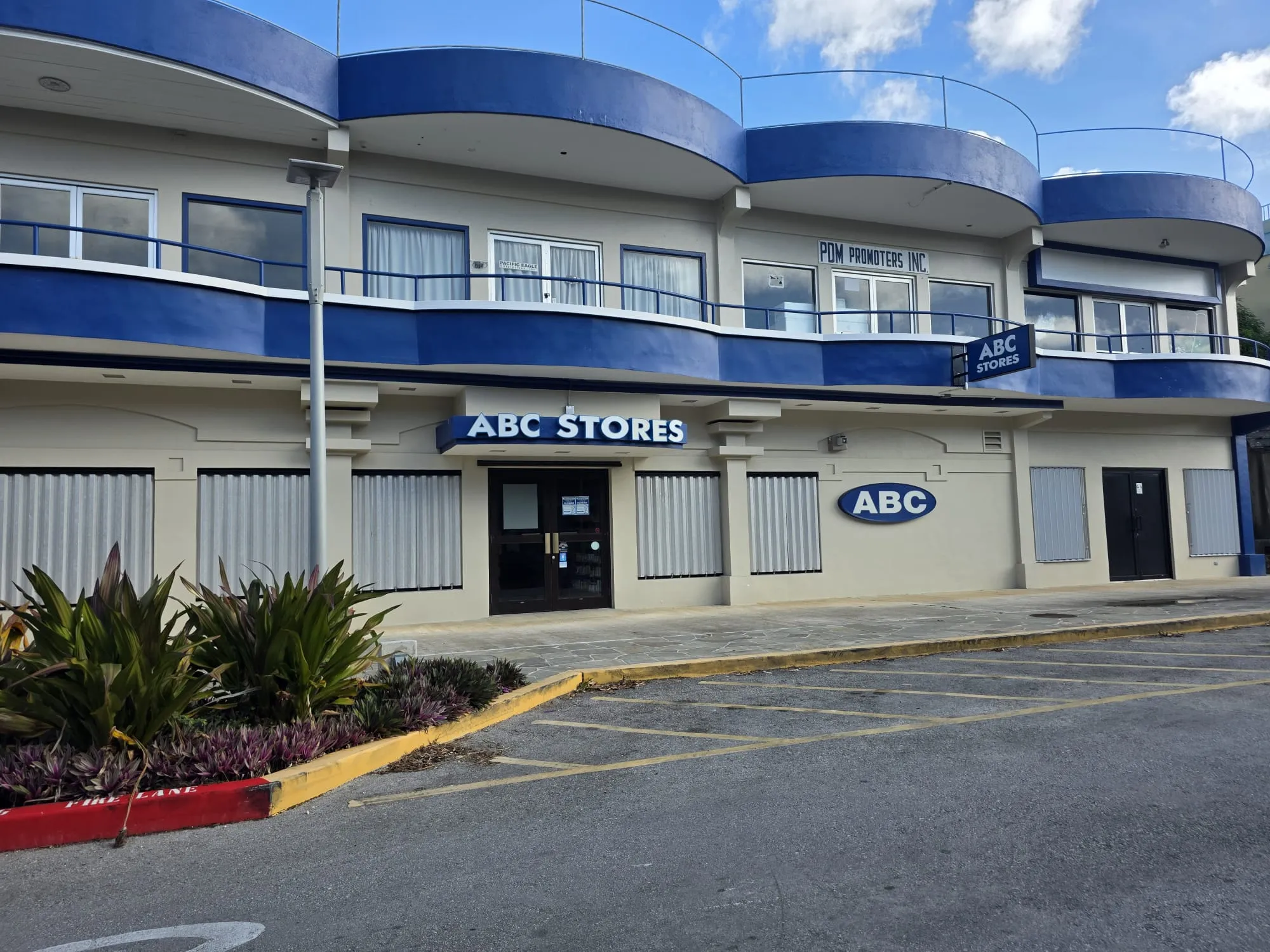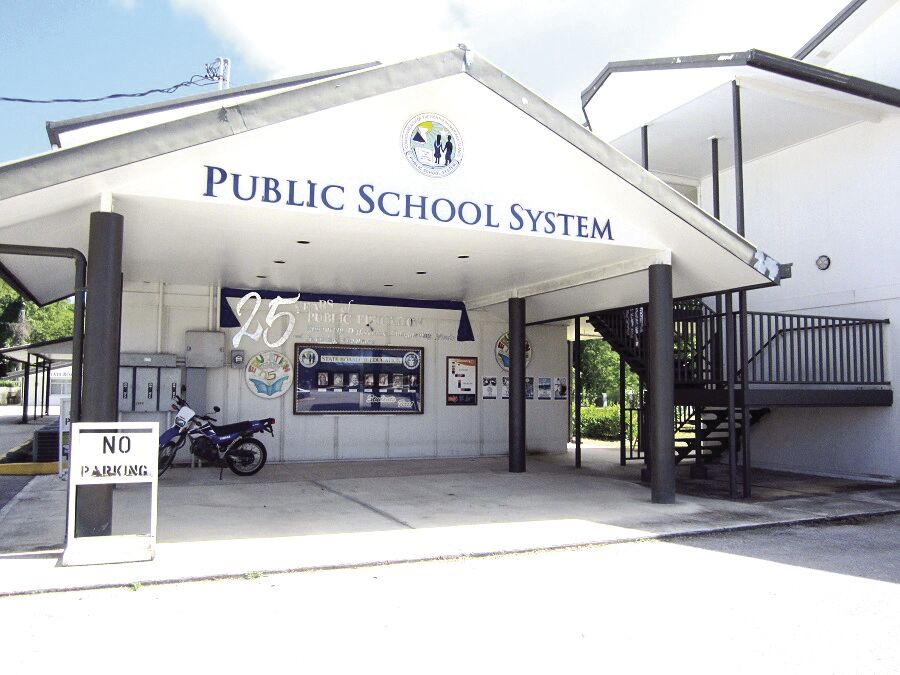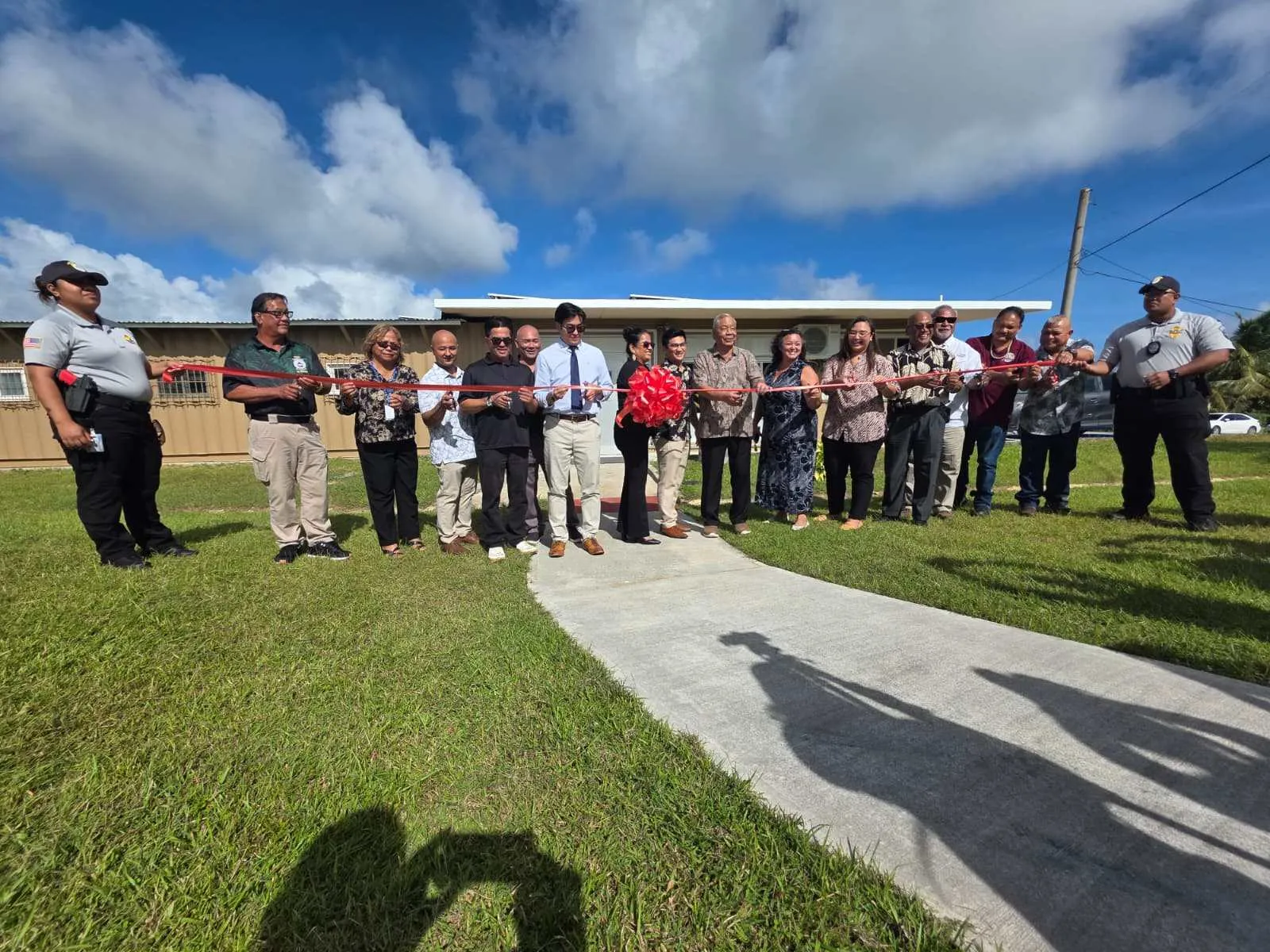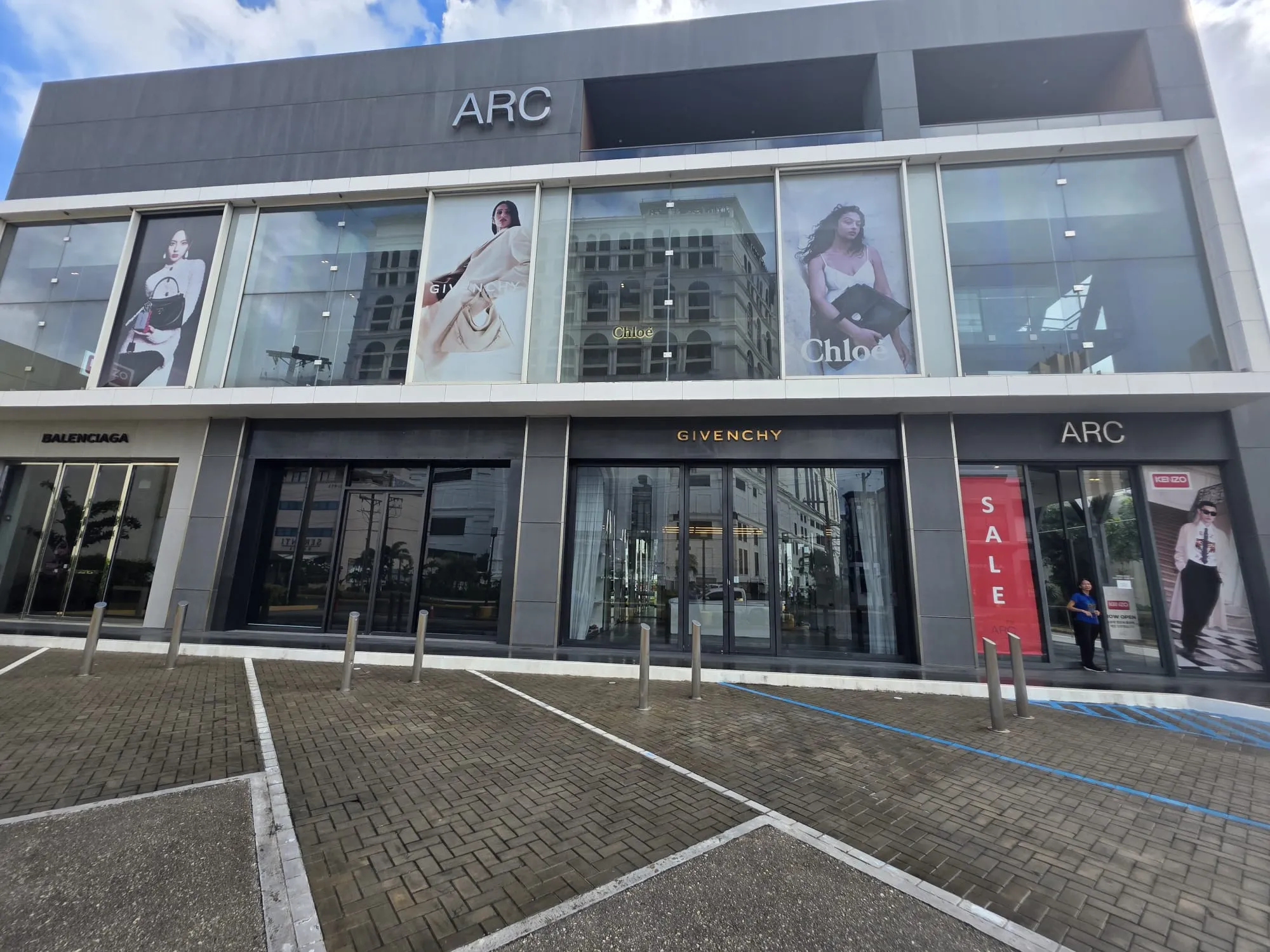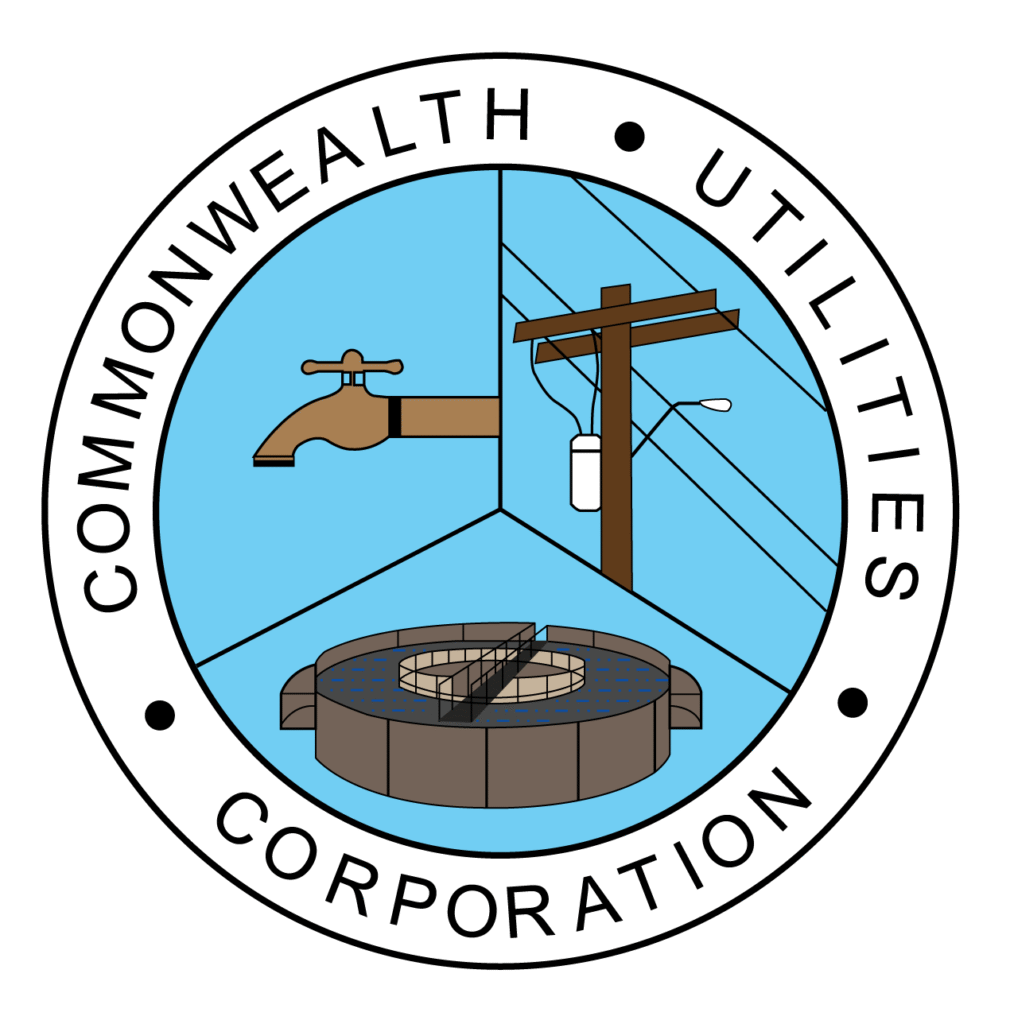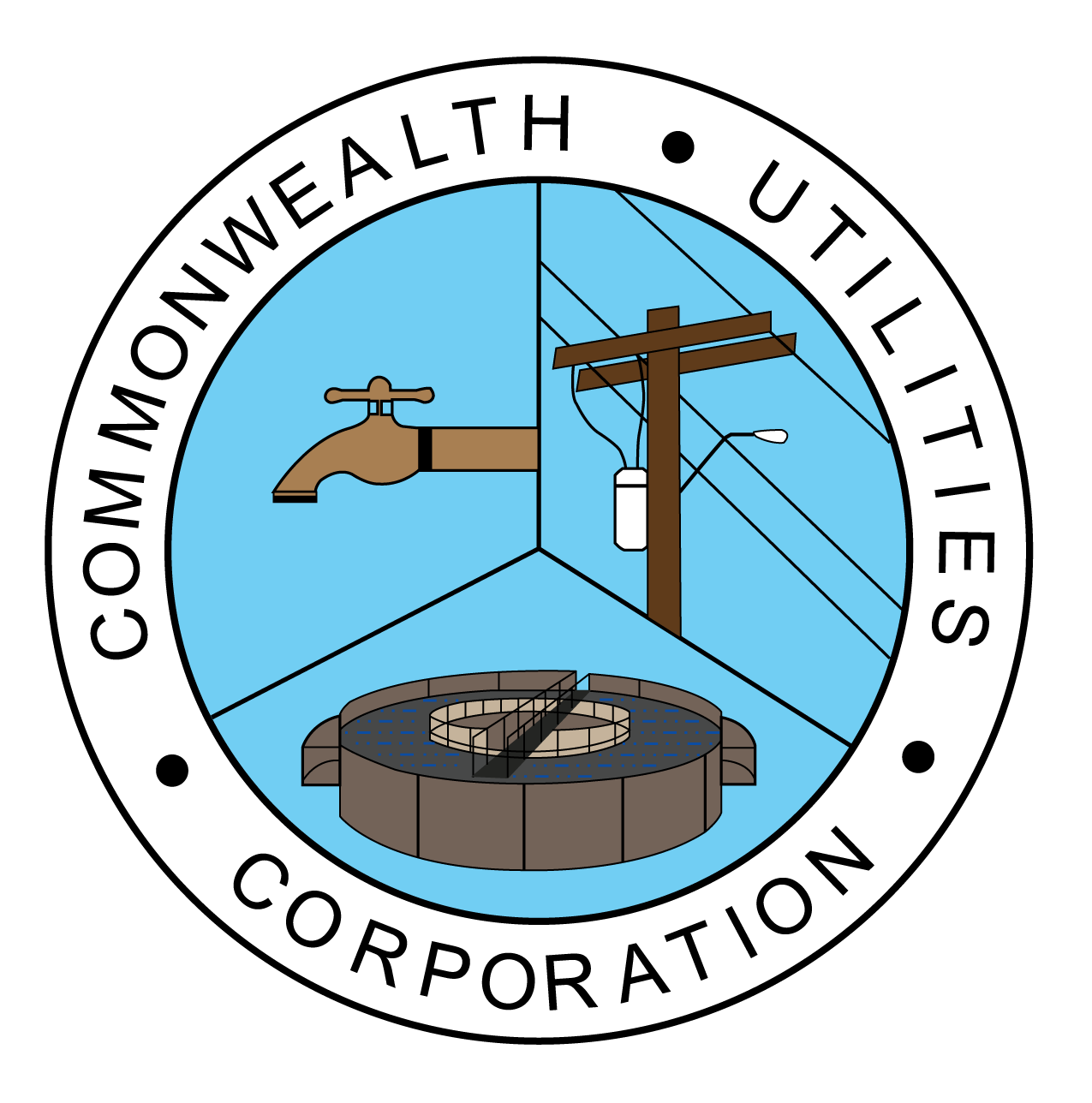
THE Commonwealth Utilities Corporation said it has completed 60 of the original 69 items in Stipulated Order 1.
“The remaining nine items are considered by the U.S. Environmental Protection Agency to be in various states of noncompletion or in need of updates,” said Assistant Attorney General Tina Ngo, who represents CUC, in her status report to the District Court for the NMI on Jan. 22, 2025.
In November 2008, after EPA cited CUC for violating the Clean Water Act and the Safe Drinking Water Act, the federal court issued Stipulated Orders 1 and 2.
SO1 focuses on CUC’s management structure, drinking water and wastewater issues, while SO2 pertains to oil issues.
In her 10-page report, Ngo said CUC has made significant progress on SO1, which, among other requirements, mandates that CUC fill certain key positions.
She said CUC has promoted Kevin Watson, previously CUC’s deputy executive director for water and wastewater, to executive director effective June 1, 2024.
CUC also promoted Bettina G. Terlaje, previously CUC’s deputy executive director for administration, to chief financial officer effective July 24, 2024, Ngo said.
CUC has hired Rodolfo Rodriguez as drinking water and wastewater division manager and promoted Larry Manacop, CUC’s acting chief engineer, as engineering manager of water and wastewater, Ngo said.
“Mr. Manacop continues to serve as the Acting Chief Engineer, too, while recruitment for this position continues,” Ngo added.
The deputy executive director’s position remains vacant, but recruitment for this position continues, she said.
SO1 also requires CUC to develop and submit revised procurement procedures for EPA’s approval.
“Revised procurement procedures were approved by the CUC Board of Directors and submitted to EPA in February 2024,” Ngo said. “These revisions were also sent to the CNMI Attorney General for approval. The Attorney General recommended further changes to improve the efficiency of procurement, and these recommendations have been incorporated into the revisions. The new revisions must now go before the Board of Directors for approval before CUC can issue public notice of its intent to promulgate new procurement regulations,” Ngo said.
Additionally, “CUC is in the process of implementing Laserfiche, a software program for electronic signatures, to further improve efficiency and speed,” she said.
SO1 likewise requires CUC to develop a comprehensive training program for drinking water and wastewater systems, including hiring a training program coordinator.
“A comprehensive utility training program has been developed and submitted to EPA for approval,” Ngo said.
CUC, in October 2024, hired Clay Williams as training coordinator, Ngo added.
SO1 requires CUC to develop a computer-based maintenance management system for all assets and facilities of the water and wastewater systems.
According to Ngo, CUC has entered into a 10-year contract with MentorAPM for a computerized maintenance management system and asset management software program.
She said, “PG Environmental under the EPA will work with CUC and MentorAPM on implementation of the software program, which is scheduled for completion in calendar year 2025. Training for CUC staff on how to use the MentorAPM program is scheduled for this month.”
SO1 also requires CUC to develop a plan for detecting and repairing leaks in its drinking water distribution systems.
Ngo said, “CUC continues to implement the Sustainable Water Infrastructure Management Strategy or SWIMS Program — a five-year program that commenced in 2023 that consists of comprehensive planning, investigation, design, construction, and operations to manage non-revenue water and to correct the underlying water system design defects — on schedule.”
As for CUC’s financial management and the SO1 requirement to develop an Interim Financial Plan, Ngo said, “EPA provided conditional approval for the Interim Financial Plan on March 5, 2021. The timeline and tasks are to be reevaluated in conjunction with EPA, and this is currently under development by the new CFO, Ms. Bettina G. Terlaje.”
CUC is also required to develop financial reserves for the implementation of a master plan.
“A task order was issued to Economist.com under an existing contract for a ‘Cost of Service Study for Water, Wastewater, and Power.’ This task order is currently underway,” Ngo said.
SO1 requires CUC to develop a comprehensive drinking water and wastewater master plan to determine current and future infrastructure needs for a 20-year period, and to provide a long-term plan for drinking water and wastewater systems improvements on Saipan, Tinian, and Rota.
Ngo said, “CUC recently re-advertised a Request for Proposals for a Master Plan for Electric, Water, Wastewater, and Telecommunications. The proposals will be reviewed by a ranking panel. An award of contract is expected in the first quarter of 2025.”
Ngo added, “CUC continues to advance projects in furtherance of upgrading its water and wastewater systems and correcting underlying systems defects, in compliance with SO1.”
Ngo noted that “one water theft case was successfully prosecuted in 2024.”
“There are currently 28 pending cases of utility tampering. Six of these cases have been sent to the Attorney General’s Office for prosecution. Twenty-one cases are currently pending back bill calculations from the accounting billing office. One case is pending an official report from the Department of Public Safety,” she said.
With regard to nonpayment for utility services, Ngo said, “The CNMI [government] and [the Commonwealth Healthcare Corp.] continue to struggle to stay abreast of their utilities payments, owing primarily to the economic crisis that the CNMI continues to climb steadily out of.”
She mentioned the following “key areas of progress”:
1) On Sept. 27, 2024, CUC and the CNMI entered into a Memorandum of Agreement under which each party’s debt to the other was offset by $10.9 million. This significantly lowered the CNMI’s debt to CUC for overdue utilities payments and penalties.
2) On Dec. 31, 2024, CUC and the CNMI entered into a Memorandum of Agreement under which the CNMI will pay CUC $2.9 million to further offset its outstanding arrears and penalties.
3) With CUC’s assistance, the CNMI has been steadily transitioning its government agencies from using regular meters to prepaid meters. As of June 30, 2024, at least 31% of all government accounts with CUC were reported to be using prepaid meters. By Sept. 30, 2024, the percentage of government accounts on prepaid meters rose to 37%. The number of government accounts on prepaid meters has increased since then. CUC is still obtaining the updated numbers.
4) Negotiations are in progress between CUC and CHCC that, if successful, will result in a Memorandum of Agreement with a payment plan governing how the hospital will pay off its arrears.



